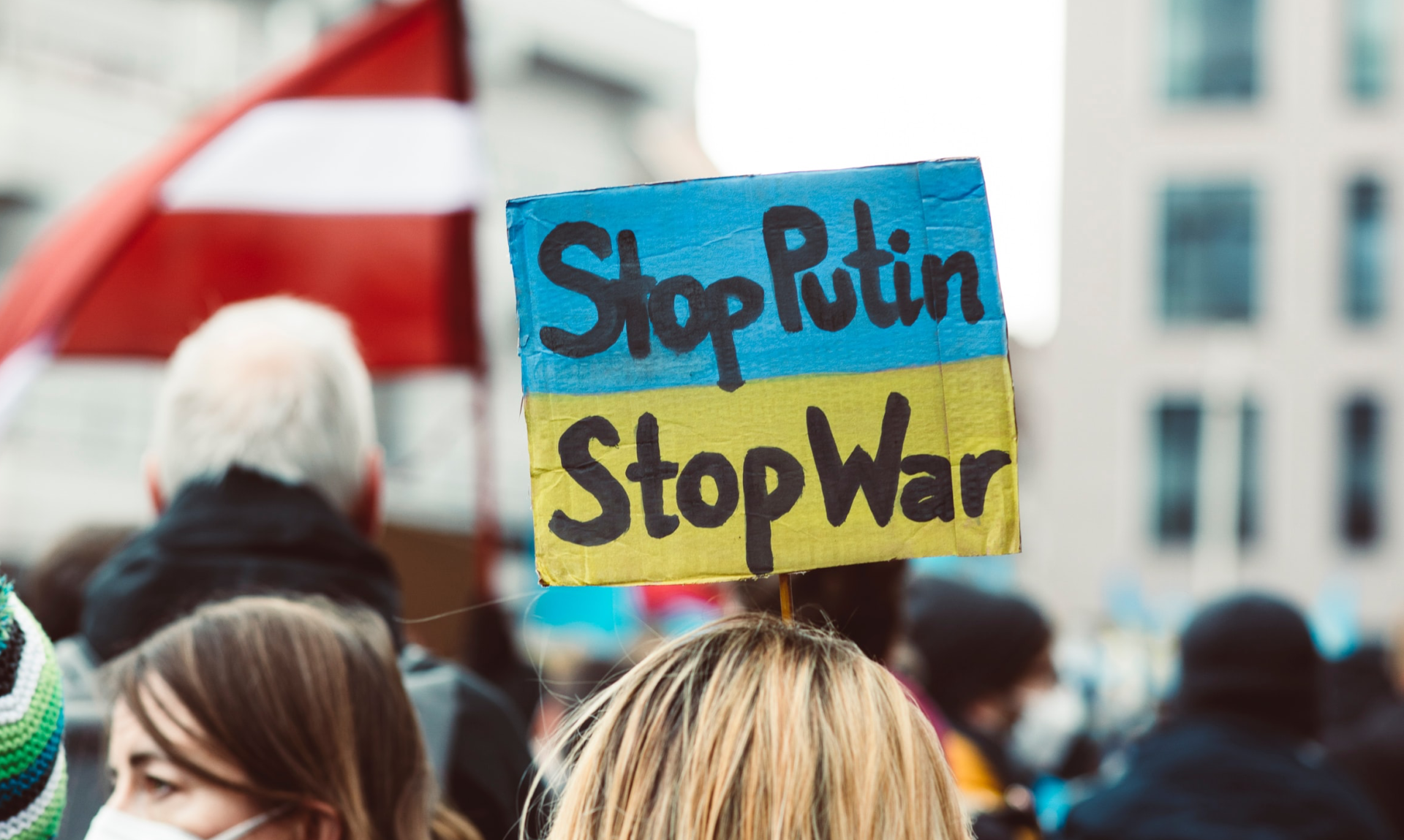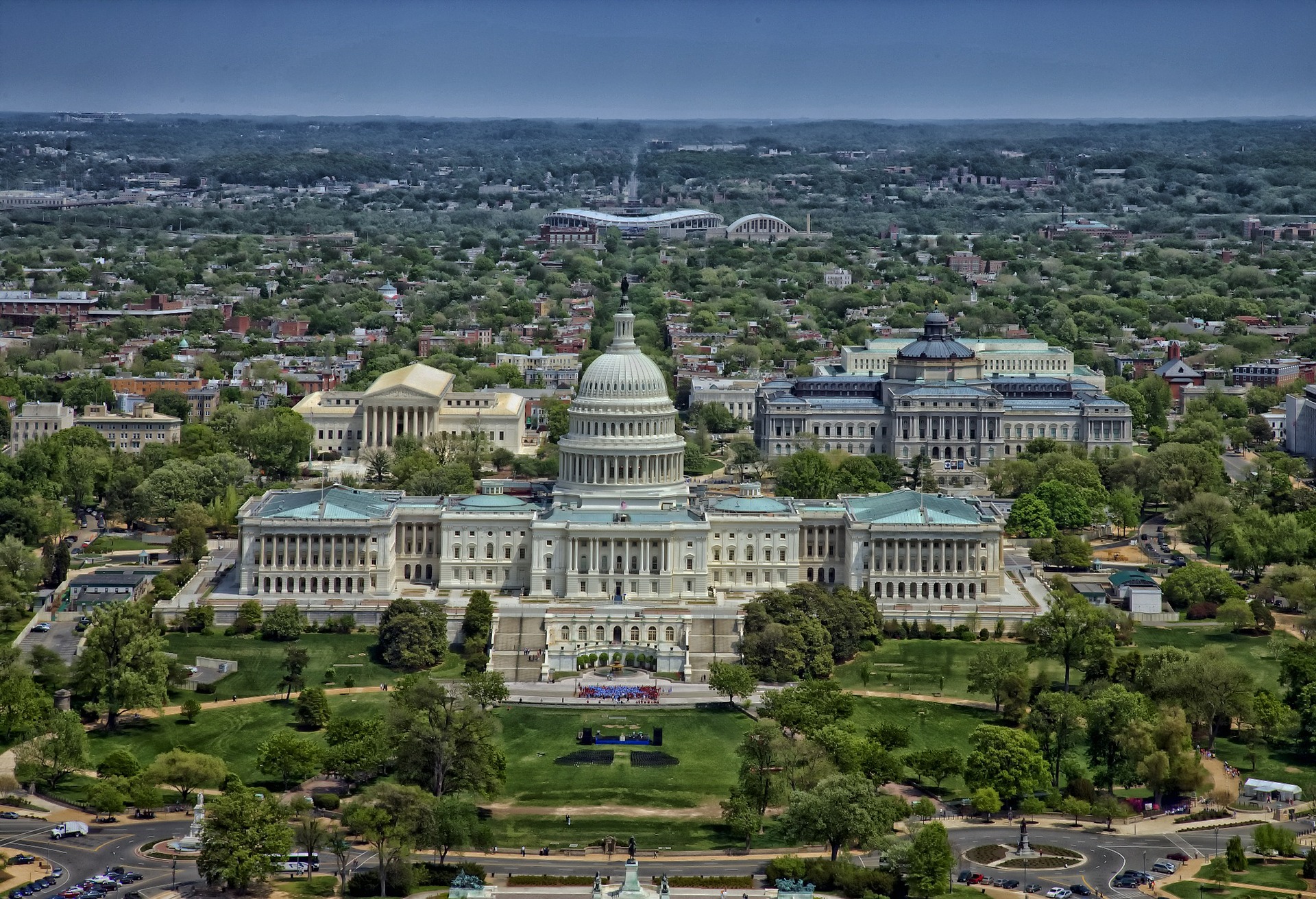How Should We Look At Invisible Success
“No news is good news”, but who pays for nothing?
Success often has a clear shape. A medical breakthrough, a technological innovation, or a business triumph — these are celebrated because they create visible change. We recognize them because they leave tangible evidence of progress in their wake: a new vaccine, a soaring stock price, a faster internet connection. But what about the kind of success that, by its very nature, leaves nothing behind? What about success defined not by what happens, but by what doesn’t happen?
Consider an organization dedicated to predicting and preventing unpredictable disasters — financial crashes, terrorist attacks, public health crises. If it succeeds, life carries on as usual. No one notices that catastrophe was averted because nothing unusual happened. But if it fails, the consequences are devastating. The paradox is this: the more successful such an organization becomes, the harder it is to prove that it did anything valuable at all. After all, how do you persuade people that they should pay for an outcome that looks exactly like nothing?
Nature of Invisible Success
The essence of invisible success lies in prevention, foresight, and the quiet maintenance of stability. We are conditioned to notice what disrupts our lives — wars, recessions, pandemics. But stability, by definition, is hard to see. When nothing happens, we assume things are simply working as they should.
Many types of work fall into this category:
Public health — A successful vaccine campaign prevents an outbreak, but if no one gets sick, it’s hard to appreciate the work that went into making that possible.
Cybersecurity — If hackers fail to breach a system, the system administrators receive no applause — only blame when the next attack succeeds.
Infrastructure maintenance — A well-maintained power grid or transportation system keeps society running smoothly, but no one notices until a blackout or a bridge collapse reminds us how fragile that stability was.
Financial oversight — A government regulator who prevents a financial bubble from forming is unlikely to be celebrated — until the next housing crisis proves their value in hindsight.
This bias toward noticing disruptions rather than smooth continuity is baked into human psychology. Evolution favored noticing threats over appreciating safety; those who noticed the rustle of leaves in time to avoid a predator survived to pass on their genes. But this instinct creates a blind spot when it comes to valuing the quiet, ongoing work of preventing harm.
Challenges in Gaining Recognition and Support
This blindness makes it difficult for organizations focused on prevention to secure financial support or recognition. Success bias skews incentives toward action that produces visible results rather than quiet prevention. Politicians and business leaders thrive on measurable achievements: jobs created, products launched, money raised. “Nothing happened” does not play well in campaign ads or annual reports.
A cybersecurity firm that prevents a major breach will struggle to convince clients of its value when the breach never happened. An epidemiologist who successfully prevents a pandemic may be accused of overreacting if the virus never spreads. Funders and governments are reluctant to invest in prevention precisely because the better it works, the harder it is to prove that it was needed in the first place.
Historical examples are telling:
In the early 2000s, U.S. public health experts warned about the potential for a global pandemic and urged increased funding for pandemic response. Their warnings were largely ignored — until COVID-19 arrived, and suddenly, everyone asked why more hadn’t been done.
Intelligence agencies prevent countless terrorist attacks, but the ones that fail to materialize don’t make headlines. The ones that succeed, however, spark investigations and demands for accountability.
The problem is one of narrative. Prevention is invisible by nature, and humans respond to stories of triumph and disaster, not to the absence of chaos.
Philosophical and Ethical Implications
At the heart of this problem is a question about how we define success. Is success the presence of something good, or the absence of something bad? Modern culture tends to reward creation and innovation — things that can be counted, measured, and celebrated. Prevention, by contrast, is measured by what doesn’t happen.
This raises an ethical question: Do we have a moral obligation to reward and support work that prevents harm, even if we cannot see the harm that was avoided? Can we, as a society, cultivate a greater appreciation for the subtle and invisible forms of success?
This is not just a philosophical problem; it’s a structural one. If prevention remains invisible, the result will be systematic underinvestment in the very systems that keep us safe. After all, why would you keep paying the fire department when the city hasn’t had a fire in ten years?
Possible Solutions or Paths Forward
If invisible success is hard to recognize, we may need to rethink how we measure and reward it:
Better Metrics for Prevention — Governments and organizations could develop more sophisticated models for quantifying the value of prevention — like actuarial models for insurance — showing how much money or harm was saved by avoiding disaster.
Narrative Framing — Shifting the narrative from “nothing happened” to “this worked.” For example, public health campaigns could highlight how many potential cases were avoided through vaccination efforts rather than just reporting cases that occurred.
Incentive Structures — Introducing financial incentives for successful prevention, like performance-based bonuses for security firms or funding models based on successful risk reduction.
Psychological Reframing — Educating the public about the nature of invisible success through media and public campaigns, highlighting case studies where prevention has demonstrably paid off.
A striking example is the Y2K scare: billions of dollars were spent to prevent a global computer meltdown at the turn of the millennium. When January 1, 2000, came and went without incident, many declared the preparations a waste of money. In reality, the absence of catastrophe was a sign of extraordinary success. The same could be said of countless other preventive efforts — success so complete that it erases the evidence of its own necessity.
Conclusion
The true measure of some forms of success may lie in what we don’t see: the terrorist attack that didn’t happen, the pandemic that was contained, the economic crisis that was averted. Yet our collective psychology and incentive structures make it difficult to value this type of success.
If society continues to undervalue invisible success, the risk is that we will underfund and underappreciate the very systems that keep us safe. Perhaps the greatest achievements of human civilization are not the skyscrapers we build or the technologies we invent, but the disasters we’ll never know we avoided. Recognizing that — and finding ways to measure and reward it — may be one of the most important challenges of modern society.
Because in the end, success isn’t always about what we create. Sometimes, it’s about what never happens.
Article by Alec Wang of the Tana Investment Group



